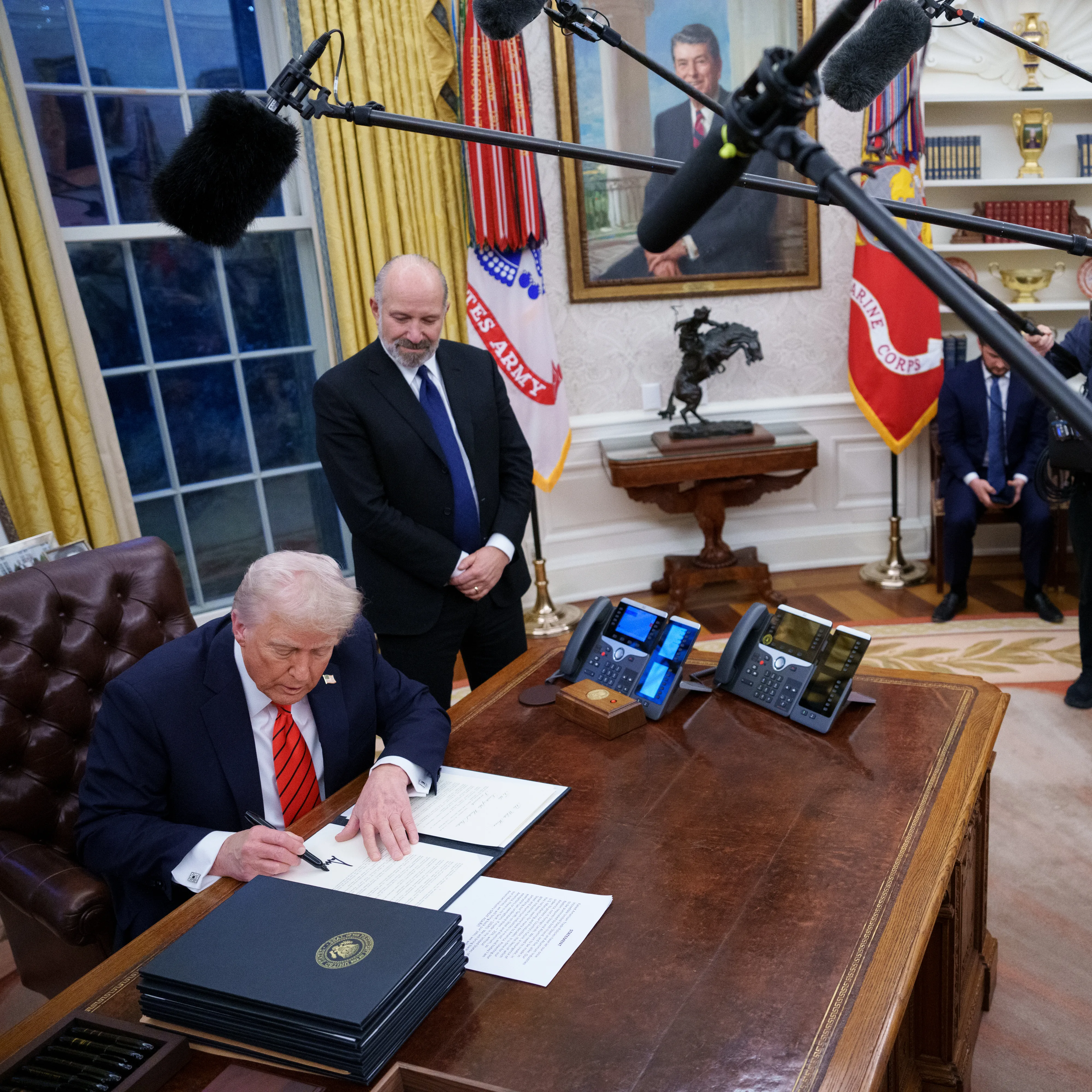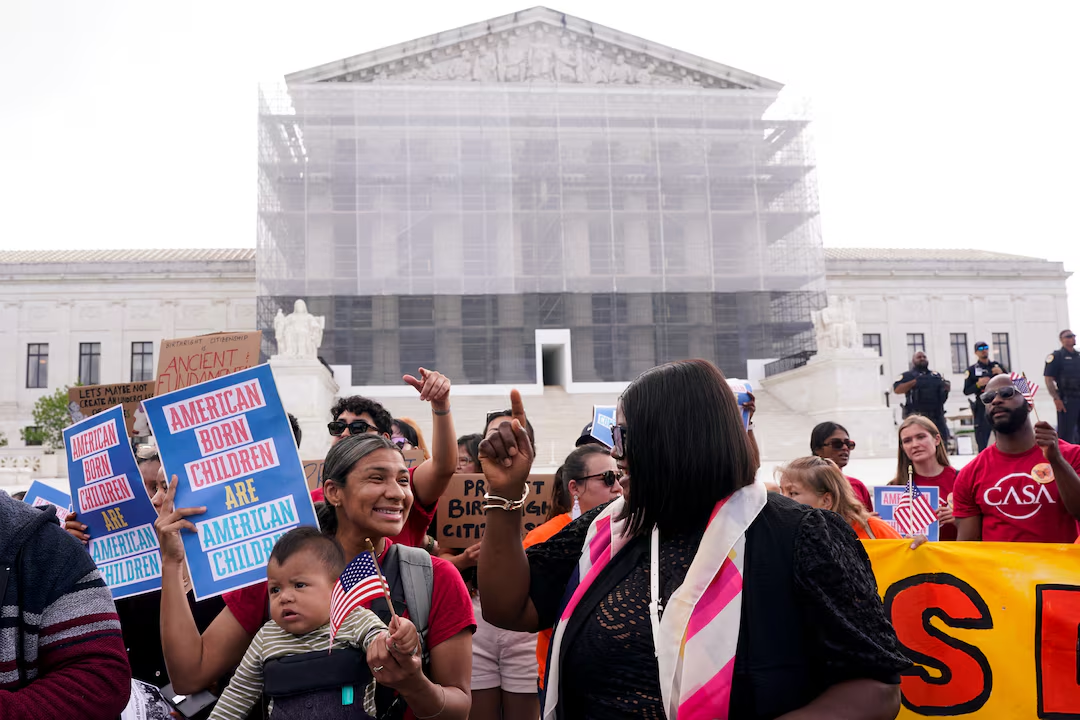In a significant shift in the legal landscape surrounding immigration and civil rights, a recent Supreme Court ruling has emboldened opponents of President Trump’s controversial birthright citizenship order. The 6-3 decision, while hailed as a victory for the Trump administration, has opened the door for a powerful counterattack through class action lawsuits, casting doubt on the permanence of Trump’s policies.
Class Actions Rise from the Ashes of Universal Injunctions
The Supreme Court"s ruling directly limited federal judges" abilities to issue universal injunctions, a tool that has been pivotal in restraining executive overreach. However, as reported by the New York Times, Judge Joseph N. Laplante has swiftly adopted class action mechanisms to fight back against Trump’s attempts to redefine citizenship. By provisionally certifying a class of children born to undocumented parents, Judge Laplante has effectively blocked the enforcement of the birthright citizenship ban, which would violate the foundational principles established in the 14th Amendment.
Legal Experts Praise Class Actions as a Solution
Prominent legal scholars have weighed in on the potential of class actions to address systemic violations of civil rights. William B. Rubenstein, a Harvard law professor, asserts that class actions are designed to provide comprehensive relief for widespread legal issues. "The goal of the class action is to generate a single answer to a recurring problem," he stated, emphasizing the role of this legal tool in tackling the constitutional questions raised by Trump’s executive order. As highlighted by U.C. Davis Law School, class actions can serve as a vital mechanism for achieving justice in cases affecting large groups of similarly situated individuals.

Congress won"t stop Trump. Maybe the courts will save us ...
Judicial Resistance to Executive Overreach
Judge Laplante"s recent ruling reflects a growing resistance among judges to Trump’s executive actions. His 38-page decision meticulously delineates the criteria for class action certification, highlighting the significant implications of the birthright citizenship ban. The ruling underscores the necessity for thorough judicial scrutiny in cases involving fundamental human rights, particularly as the Trump administration continues to push policies that threaten the very fabric of American democracy. Legal analysts have noted, as reported by the Supreme Court, that the administration"s attempts to bypass established constitutional protections are likely to face increasing legal challenges.
Implications for Future Court Rulings
The path forward is fraught with uncertainty as the case heads to the Supreme Court, where justices have historically shown mixed sentiments towards class action lawsuits. The potential for the court to affirm the legality of class actions in this context could signal a momentous shift in how constitutional challenges are addressed. Legal experts suggest that, should the court recognize the applicability of class actions in matters of citizenship, it may set a precedent for future cases involving executive overreach and civil rights violations. This is particularly significant given the court’s previous hesitance to support expansive interpretations of class actions, as evidenced in cases like the Walmart employment discrimination suit.

Judge blocks Trump"s birthright citizenship order after ...
A Call to Action for Civil Rights Advocates
As the legal battle intensifies, civil rights advocates are urged to remain vigilant. Organizations such as the American Civil Liberties Union and the NAACP Legal Defense and Educational Fund are at the forefront of this fight, and their efforts could shape the future of citizenship rights in America. With the stakes so high, the implications of this case extend beyond the courtroom and into the lives of countless families across the nation. Grassroots movements and advocacy groups must mobilize to ensure that the rights of all individuals, regardless of their immigration status, are preserved and protected under the law.



![[Video] Gunfire between Iraqi security forces and Sadr militias in Baghdad](/_next/image?url=%2Fapi%2Fimage%2Fthumbnails%2Fthumbnail-1768343508874-4redb-thumbnail.jpg&w=3840&q=75)
